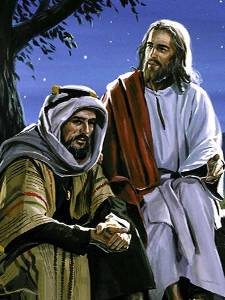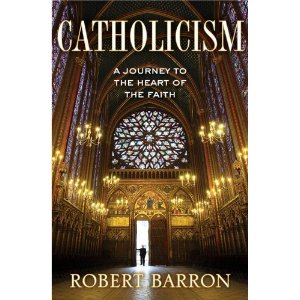Epicurians and Stoics
 Yesterday, during our Acts of the Apostles Bible study, we read the section in Acts 17 where St. Luke talks about St. Paul’s interaction with some philosophers in Athens:
Yesterday, during our Acts of the Apostles Bible study, we read the section in Acts 17 where St. Luke talks about St. Paul’s interaction with some philosophers in Athens:
“While Paul was waiting for them in Athens, he was greatly distressed to see that the city was full of idols. So he reasoned in the synagogue with both Jews and God-fearing Greeks, as well as in the marketplace day by day with those who happened to be there. A group of Epicurean and Stoic philosophers began to debate with him” – Acts 17:16-18
Who were these “Epicurean and Stoic philosophers”? What did they believe? All will be answered in the video below:
So, the Epicureans were founded by Epicurus. They believed that things are “good” and “bad” based upon whether they give pleasure or pain. The Epicureans were negative hedonists, attempting to eliminate desires since Epicurus regarded it as a kind of pain. His followers didn’t fear death because once you’re dead no harm can come to you.
Zeno was the founder of the Stoics. They determined “good” and “bad” based upon whether something was seen as virtue or vice. Pleasure was seen as a vice and was therefore to be avoided. Unrealistic expectations were seen as the source of grief in life.
 In our First Reading last week we read about the giving of the Ten Commandments and this week we continue our Lenten tour through the high points of Old Testament Salvation History.
In our First Reading last week we read about the giving of the Ten Commandments and this week we continue our Lenten tour through the high points of Old Testament Salvation History.